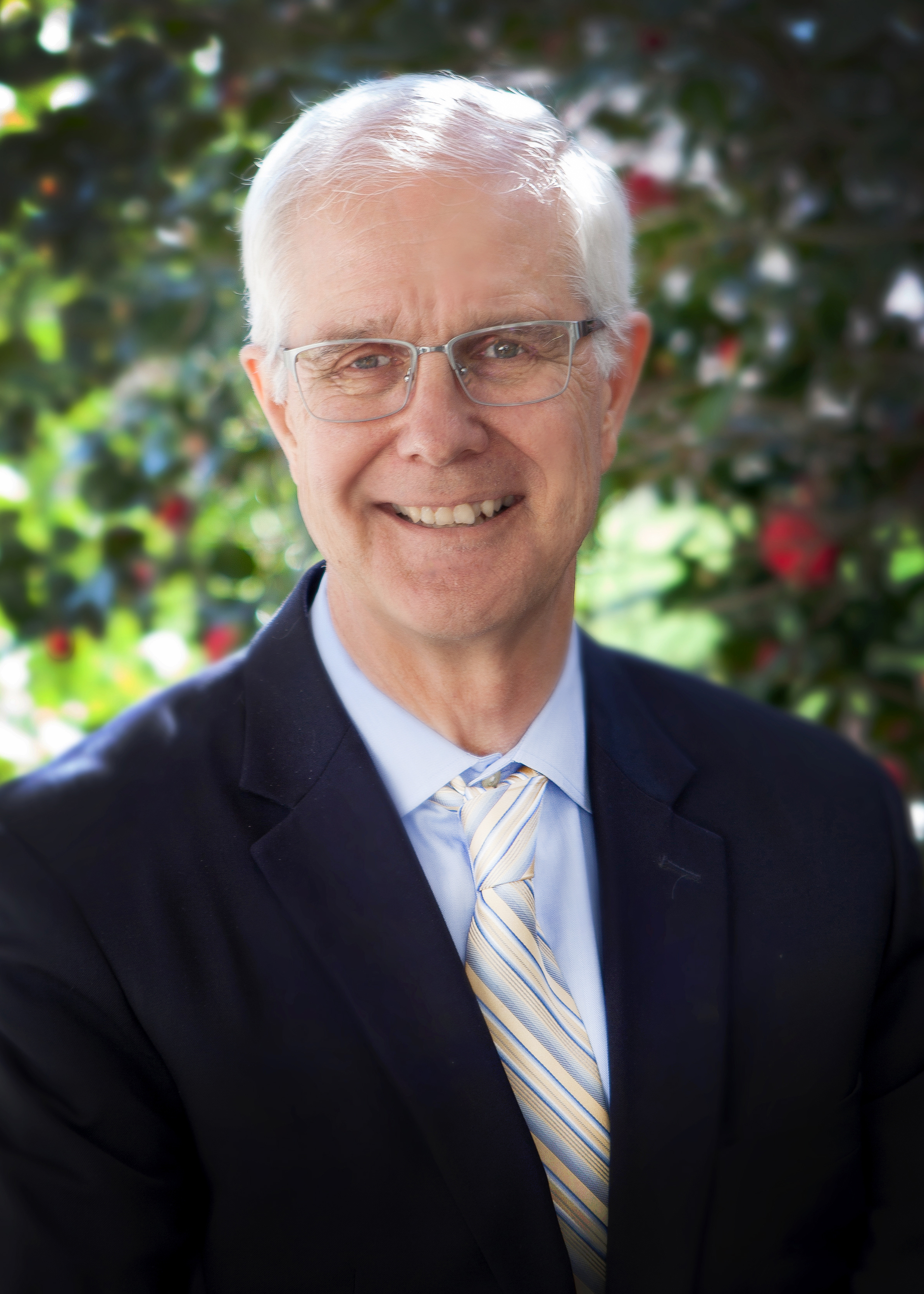 During the Pandemic in in 2021, KJ Page and I, developed a webinar for “Best Practices in Dementia Care” as the first of a four part series for the California Partnership to Improve Dementia Care (https://www.leadingageca.org/ca-partnership-for-improved-dementia-care). That presentation emphasized the importance of identifying and supporting what is important to the resident and introduced two evidenced based tools that improve their care, quality of life, and reduce the need for antipsychotic medications.
During the Pandemic in in 2021, KJ Page and I, developed a webinar for “Best Practices in Dementia Care” as the first of a four part series for the California Partnership to Improve Dementia Care (https://www.leadingageca.org/ca-partnership-for-improved-dementia-care). That presentation emphasized the importance of identifying and supporting what is important to the resident and introduced two evidenced based tools that improve their care, quality of life, and reduce the need for antipsychotic medications.
The Partnership has developed a new toolkit that helps facilities “Hear the Voice” of the person living with dementia. The toolkit is now available for your review and implementation at the above website. We recommend that you implement this toolkit in incremental stages using your MDS staff. This slow approach builds on successes that your team, residents, and families directly observe and allows integration of this new information into facility routine practices. We realize implementation of anything new can be overwhelming and are developing an implementation webinar for the tool kit that will become available this Fall.
The importance of facilitating meaningful social engagement and connections was reviewed in the Caring for the Ages article linking Loneliness and Heart Disease (https://www.caringfortheages.com/article/S1526-4114(24)00119-7/fulltext?dgcid=raven_jbs_etoc_email ). One of the leaders on social connection and health, Dr. Julianne Holt-Lundstad, found that more and better quality of social relationships are linked to reduced health risks and mortality – see Ted Talk at: https://julianneholtlunstad.byu.edu/ .
As an interim medical director of a PACE program (Program for All-Inclusive Care of the Elderly) while the director was on childbirth leave, I saw participants (who were at substantial risk for SNF placement) stabilize and blossom like a flower. Our strength was our multidisciplinary approach to hear and honor the voice of the participant and their families. We had limited resources, but our center activities program facilitated meaningful social reengagement, nutrition, and exercise plans, with amazingly positive outcomes over time. I like to say we specialized in saying “Yes” to our participants, rather than “No.”
As I return to work part time at a CCRC (Continuing Care Retirement Community), I hope to be a better advocate for hearing and supporting the voice of our residents. I believe the Partnership’s “Discovering the Resident’s Experience of Care Toolkit” may help facilities advance this goal.

